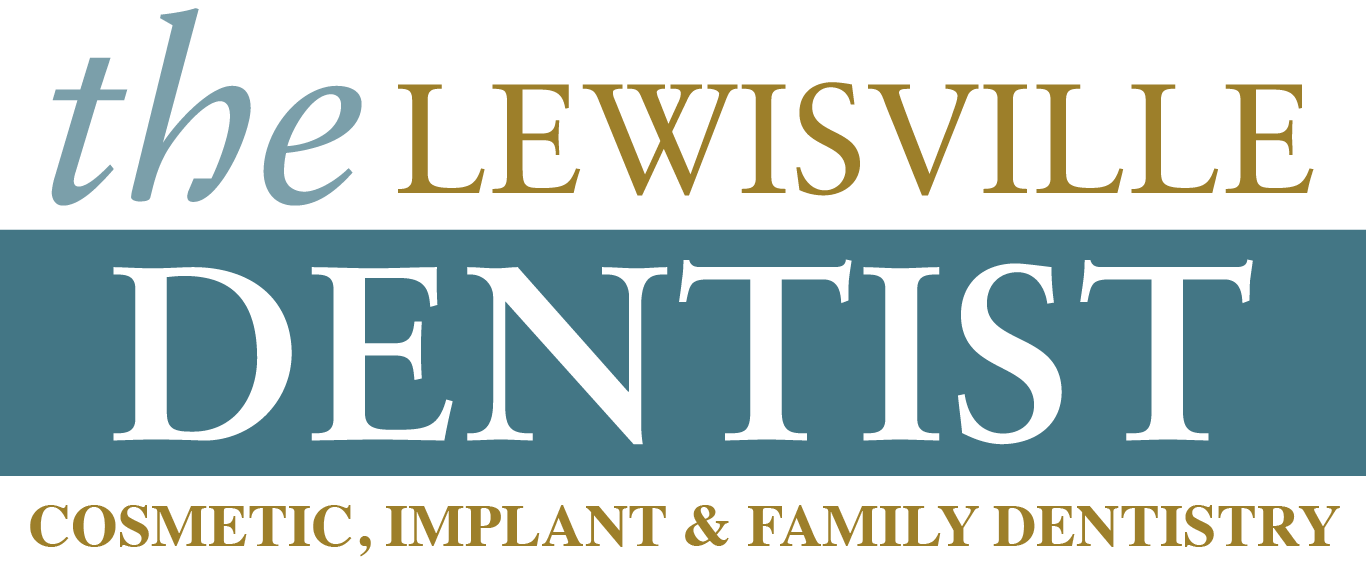Prevent Childhood Tooth Decay
Our society has successfully eradicated many childhood diseases, but tooth decay is still far to0 common.
This is from the CDC:
Cavities (also known as caries or tooth decay) are one of the most common chronic diseases of childhood in the United States. Untreated cavities can cause pain and infections that may lead to problems with eating, speaking, playing, and learning. Children who have poor oral health often miss more school and receive lower grades than children who don’t. (Centers for Disease Control)
Disadvantaged populations have an increased risk:
The prevalence of early childhood caries (ECC) differs according to the group examined, and a prevalence of up to 85% has been reported for disadvantaged groups. ECC is the presence of one or more decayed, missing, or filled primary teeth in children aged 71 months (5 years) or younger. (National Institutes of Health)
Lifelong oral health starts when your son or daughter is a baby. It’s up to parents and health professionals to eradicate childhood tooth decay in Texas.
Oral Hygiene for Newborns
Before the first teeth appear, clean your baby’s gums with a soft damp cloth after feeding.
Most new Lewisville parents are counseled by their pediatrician not to put infants to bed with a bottle. But sleepless nights with an unhappy baby test the resolve of sleep-deprived moms and dads.
If your infant will not sleep without a bottle, use only water. Be aware that breast milk is just as harmful if it sits on tiny teeth.
When your baby’s first tooth erupts, begin brushing gently. Use a small, soft toothbrush. Put a tiny dab of fluoride toothpaste on the brush. Make sure it’s no larger than a grain of rice.
This assists with keeping that tooth decay-free while allowing your infant to get comfortable with the taste of toothpaste. It also sets a pattern of daily oral hygiene
Plan Early for the First Dental Visit
Take your infant to the dentist early. Your child’s first dental exam should occur when the first teeth erupt, usually between 6 and 12 months.
We provide dental care from your child’s first dental visit through the teen years.
Talk to us about pacifier use, thumb-sucking, or any other behaviors that affect teeth and jaw development.
Oral Hygiene Ages 3 to 6
From the ages of 3 to 6, the spot of toothpaste can increase to a pea-sized dab. Most toddlers swallow toothpaste instead of spitting it out. A toddler shouldn’t swallow more than a tiny smear. When it comes to fluoride, too much is just as harmful as none at all.
Teach your <~URVToddler~ to drink from a cup as soon as possible. The fewest months your son or daughter uses a bottle, the better. Even if your preschooler loves his bottle, you are going to have to take it away eventually.
Many developmental and lifestyle factors increase the risk of decay:
- Severely crooked teeth
- High sugar diet
- A mother with tooth decay
- Baby teeth that come in early
- Limited/no exposure to fluoride
- Misaligned bite–an underbite, overbite, or crossbite
We invite you to make an appointment if you are looking for an experienced pediatric dentist in the Lewisville area. Our team helps young children feel comfortable at the dentist. We provide dental care from your toddler’s first dental visit through the teen years.
Contact The Lewisville Dentist:
469-708-4713
Location (Tap to open in Google Maps):
297 E Round Grove Rd Suite 127
Lewisville, Texas
75067


